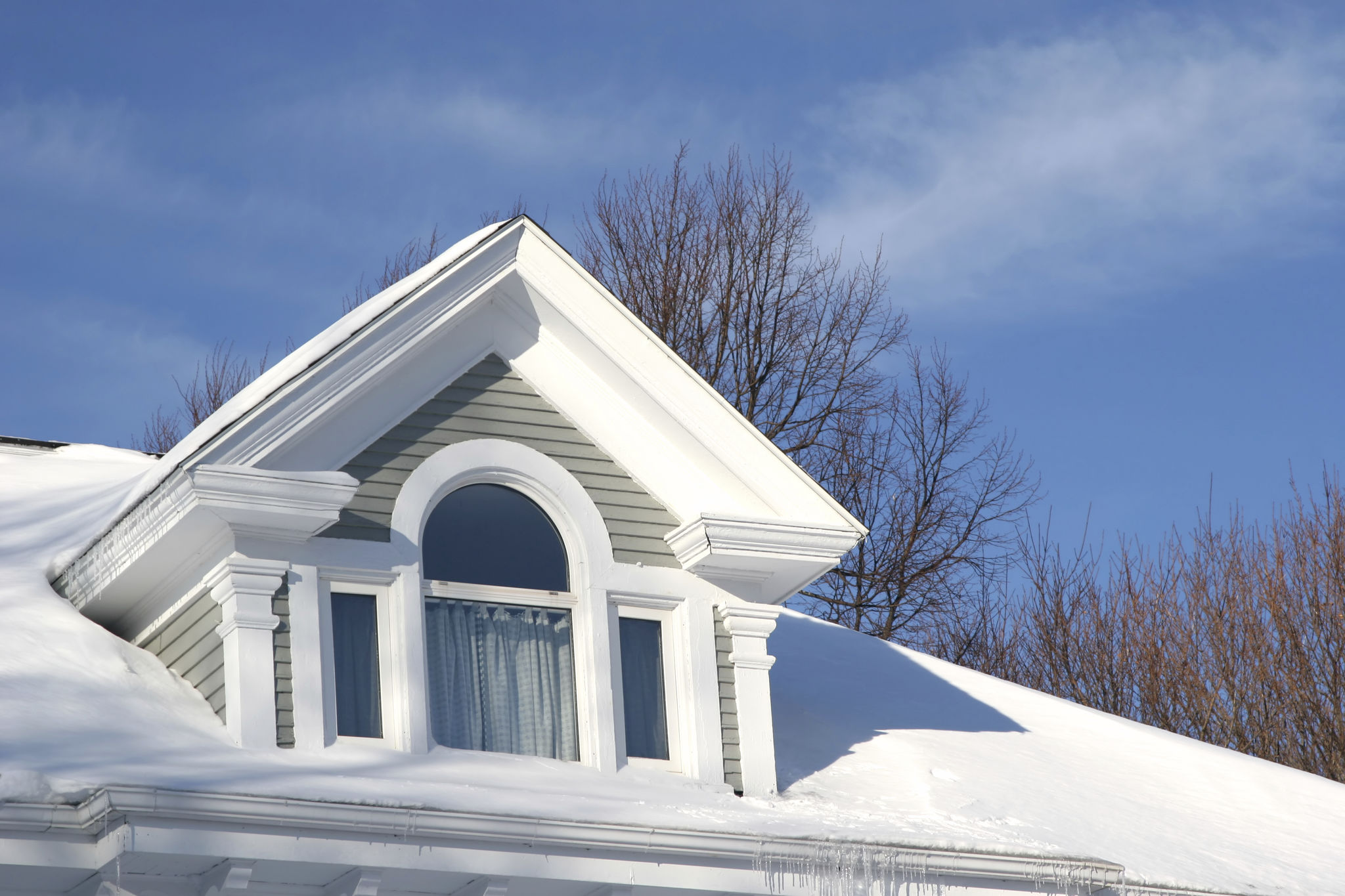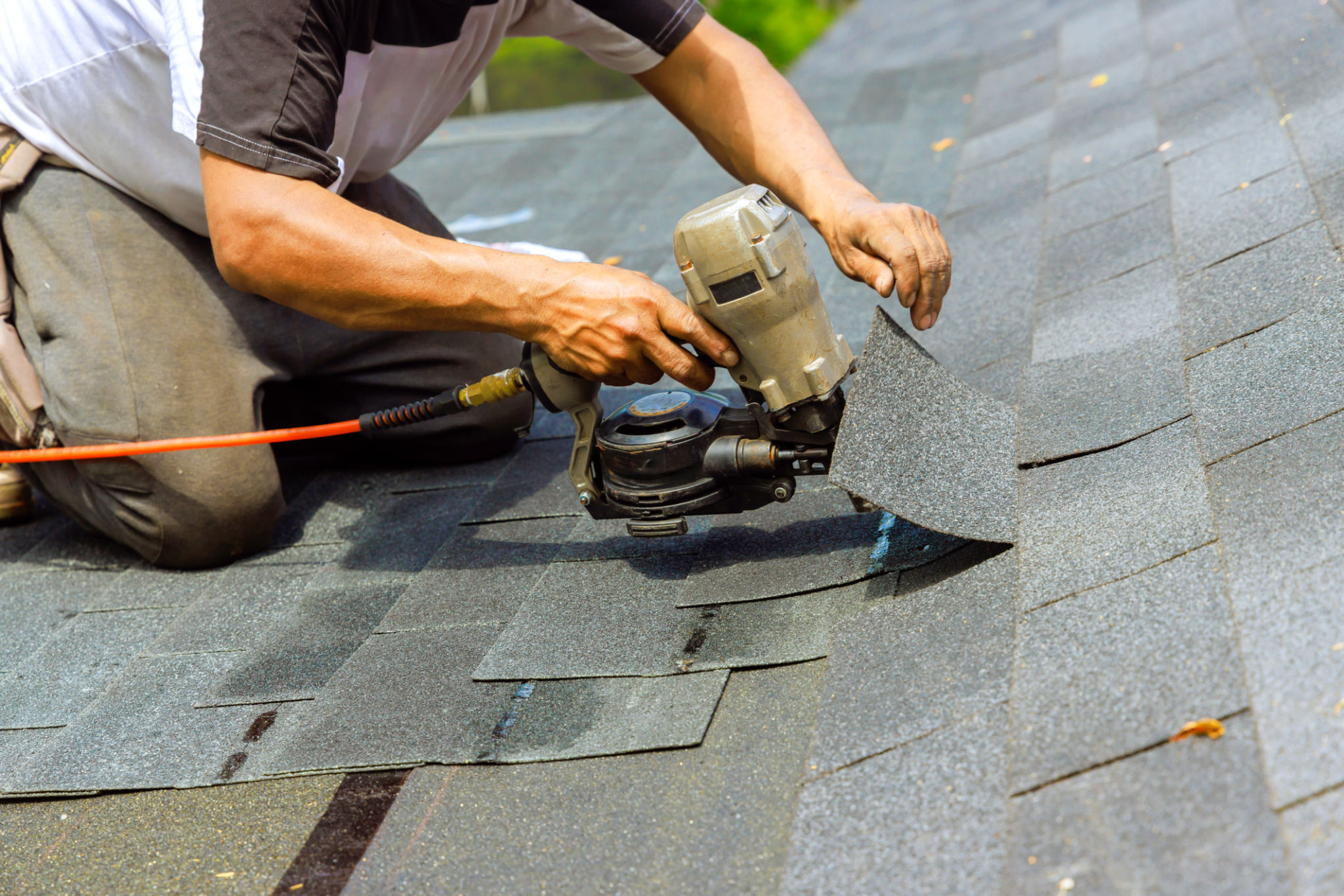Understanding the Impact of New Jersey Weather on Roof Durability
The Unique Climate of New Jersey
New Jersey experiences a diverse climate, with hot, humid summers and cold, snowy winters. This variation in weather poses unique challenges for homeowners, especially when it comes to the durability of their roofs. Understanding how these weather conditions affect your roof can help you take preventative measures to extend its lifespan.
The state is also subject to heavy rainfall and occasional storms. These conditions can lead to roof damage, as the constant exposure to moisture may result in leaks or weakened structures. It's crucial to recognize the signs of weather-related wear and tear to address issues before they escalate.

Summer Heat and Roof Damage
During the summer months, New Jersey's temperatures can soar, sometimes reaching into the high 90s. This intense heat can cause roofing materials to expand and contract, weakening them over time. Asphalt shingles, a common roofing material, are particularly susceptible to heat damage, which can lead to cracking and blistering.
To combat these effects, it's important to ensure your roof is well-ventilated. Proper ventilation helps regulate attic temperatures, reducing the strain on your roofing materials. Regular inspections can also identify any damage early on, allowing for timely repairs.

Winter Weather Challenges
Winter in New Jersey brings its own set of challenges for roofs. Heavy snowfall and ice accumulation can add significant weight to your roof, potentially causing structural damage. Ice dams, which form when snow melts and refreezes at the roof's edge, can lead to water infiltration and leaks.
Homeowners can mitigate these risks by ensuring their roofs are properly insulated. This helps prevent heat loss from the home, reducing the likelihood of ice dam formation. Additionally, clearing snow from the roof can alleviate some of the weight and pressure.

Spring Rains and Roof Maintenance
Springtime in New Jersey is often accompanied by heavy rainfall. This season can test the effectiveness of your roof's drainage system. Clogged gutters or downspouts can lead to water pooling on the roof, increasing the risk of leaks and water damage.
Regular maintenance is key during this time of year. Homeowners should routinely inspect and clean their gutters to ensure proper water flow. Addressing any minor issues promptly can prevent more significant problems from developing.
Proactive Measures for Roof Longevity
To prolong the life of your roof amid New Jersey's varied weather conditions, consider taking proactive measures:
- Schedule regular inspections by a professional roofer to identify and repair any potential issues early.
- Invest in high-quality roofing materials that are designed to withstand extreme temperatures and weather conditions.
- Ensure proper attic ventilation and insulation to minimize weather-related stress on your roof.

Conclusion
The impact of New Jersey's weather on roof durability cannot be underestimated. By understanding these challenges and taking proactive steps, homeowners can protect their investments and ensure their roofs remain in top condition for many years to come. Regular maintenance and timely repairs are essential components of a comprehensive strategy to combat the effects of the state's diverse climate.